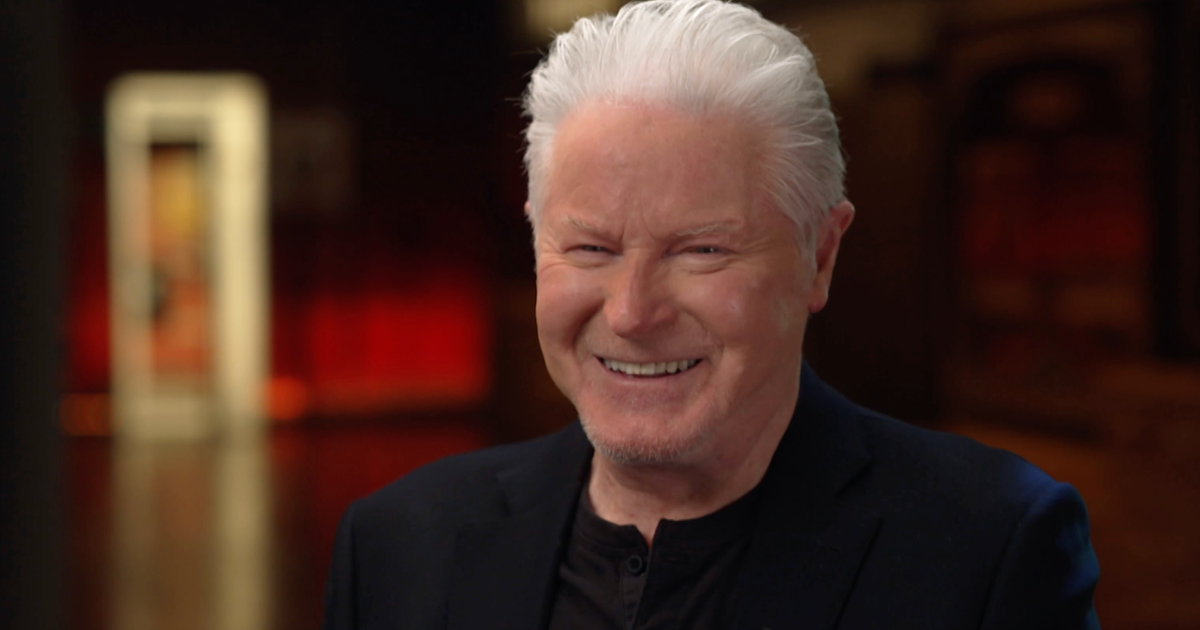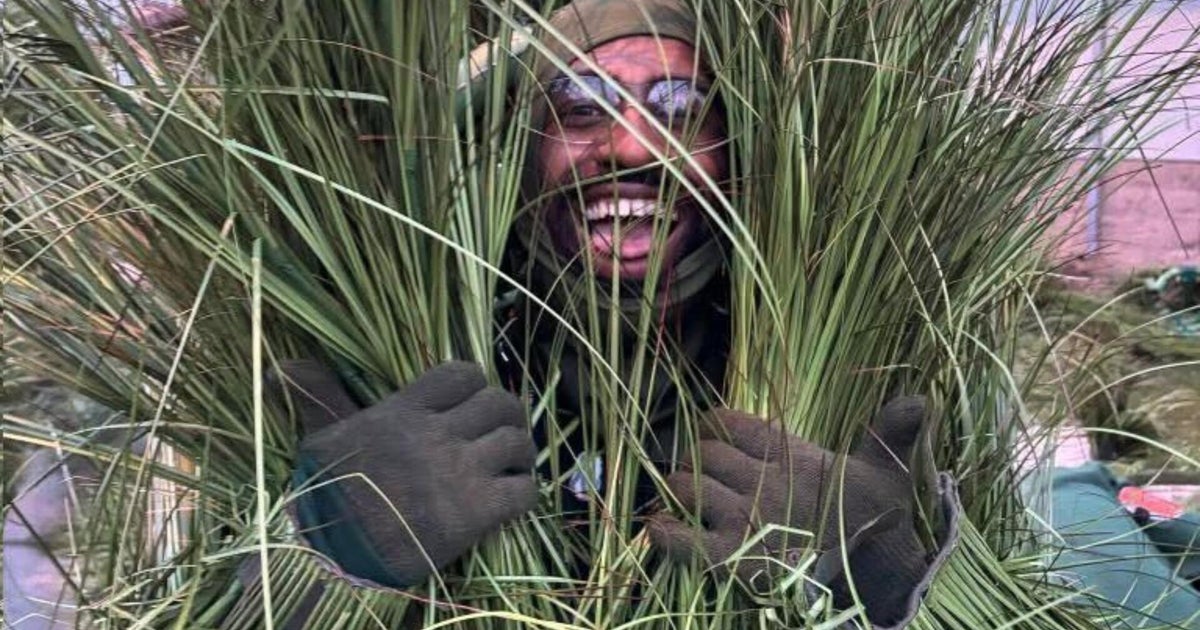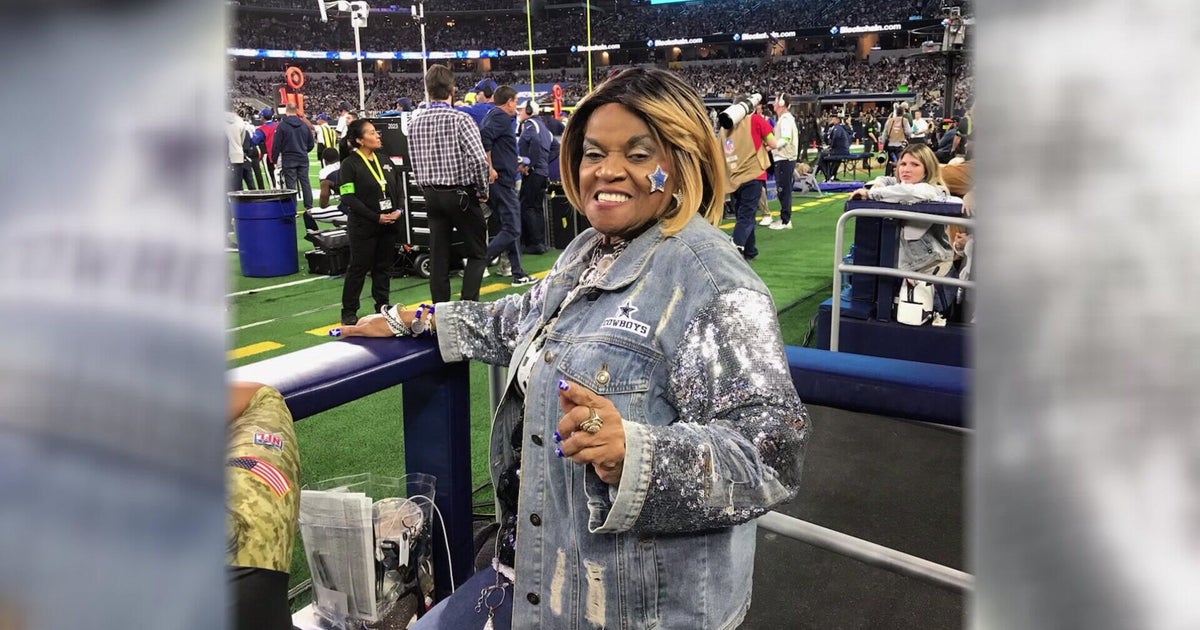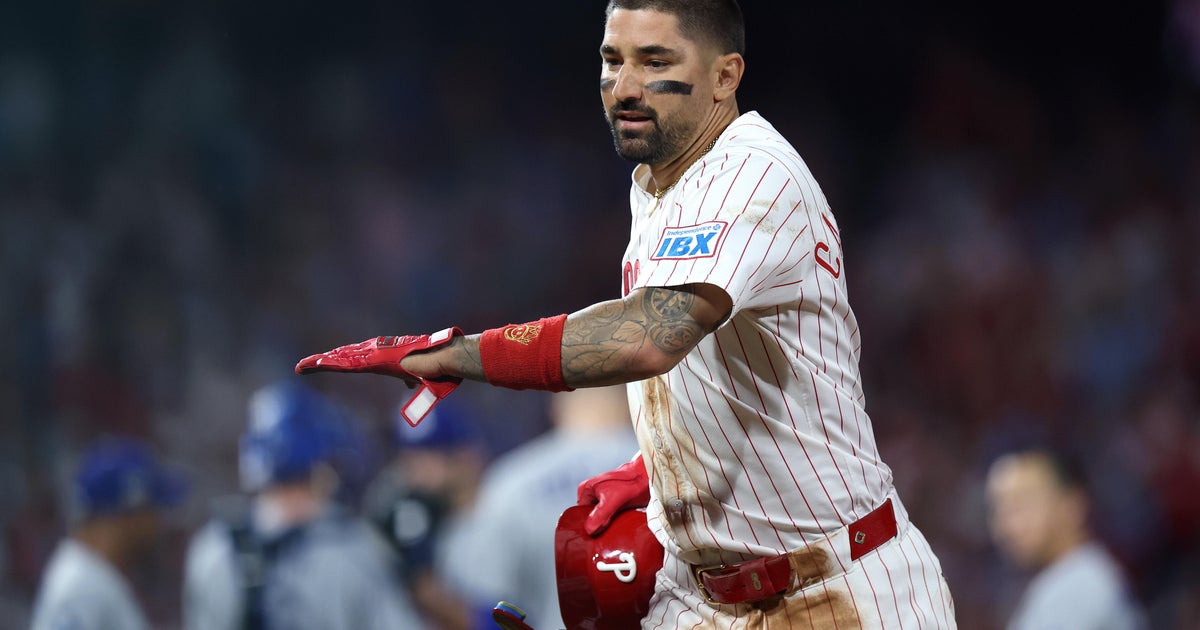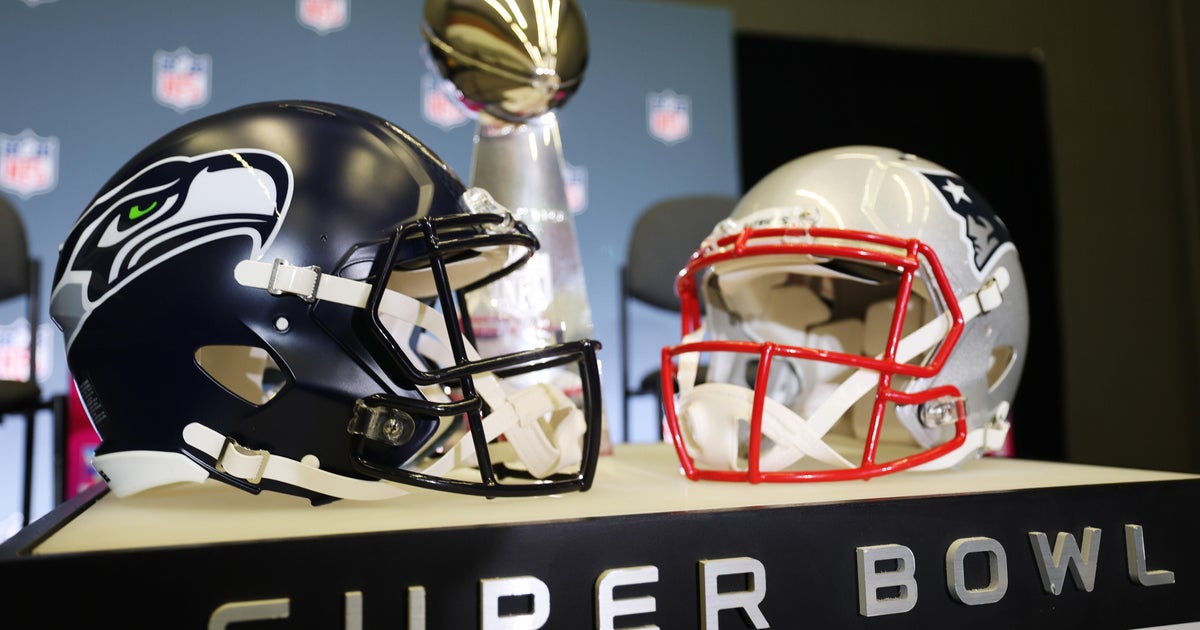'Dandy' Don Meredith Dead At 72
DALLAS (AP) - Don Meredith was the happiest, most fun-loving guy wherever he went, whether crooning country tunes in the huddle as quarterback of the Dallas Cowboys or jawing with Howard Cosell in the broadcast booth as analyst on the groundbreaking "Monday Night Football."
His irreverent personality made him one of the most beloved figures in sports and entertainment in the 1970s and 1980s, helping turn the Cowboys and "Monday Night Football" into national sensations.
"Dandy Don" died Sunday after suffering a brain hemorrhage and lapsing into a coma in Santa Fe, N.M., where he lived out of the limelight with his wife, Susan, for the last 25 years. He was 72.
A folksy foil to Cosell's tell-it-like-it-is pomposity, Meredith was at his best with unscripted one-liners -- often aimed at his broadcast partners. His trademark, though, came when one team had the game locked up. Meredith would warble, "Turn out the lights, the party's over" -- from a song by his pal Willie Nelson.
Meredith played for the Cowboys from 1960-68, taking them from winless expansion team to the brink of a championship. He was only 31 when he retired before training camp in 1969, and a year later wound up alongside Cosell in the broadcast booth for the oddity of a prime-time, weeknight NFL game.
The league pitched the idea to ABC, the lowest-rated network, after CBS and NBC tried occasional games on Monday nights and didn't think it would click. It became a hit largely because of how much viewers enjoyed the contrast of Meredith's Texas flair and Cosell's East Coast braggadocio.
Friends in real life, they took opposite stances to liven up broadcasts with their bickering. Meredith usually took the majority opinion, Cosell the minority. Cosell was playing a role, while Meredith was just being himself.
"Watching him on TV was like being in the huddle with Don again," former teammate Dan Reeves said. "He just made the game fun."
Blowouts were their playground. Folks kept watching because of them.
In a 1970 game from Dallas, the Cowboys were headed to a 38-0 loss to St. Louis when fans chanted, "We Want Meredith!" Said Meredith, "No way you're getting me down there."
The Houston Oilers were on their way to a 34-0 loss to the Oakland Raiders in 1972 when a camera zoomed in on a disgruntled fan at the Astrodome. He made a one-finger salute and Meredith quipped, "He thinks they're No. 1."
Meredith was the life of the party in the "Monday Night" booth from 1970 through 1984, except for a three-year stint playing a detective on NBC's "Police Story." He spent 11 of those years teamed with another former star player, Frank Gifford, a friend before they became broadcast partners.
"To say that Don was an instant success would be a gross understatement," Gifford said in a statement. "For millions of football fans, he would always be the one who topped Howard Cosell with one-liners or a simple `Come on, Howard."'
Current "Monday Night" announcer Jon Gruden spoke for many who grew up during Meredith's time in the booth by recalling how he would "sneak downstairs and watch Don and `Monday Night Football' when I was supposed to be asleep."
Meredith also appeared in more than a dozen made-for-TV movies, specials or dramas. He once filled in for Johnny Carson on the "Tonight Show," and was a popular pitchman for Lipton tea.
During his playing days, Meredith recorded his own country music single. Former teammate Walt Garrison pulled it out Monday and proudly read the names of the songs: "Travelin' Man" on one side, "Them That Ain't Got It Can't Lose" on the other.
He was the inspiration for the carousing quarterback in the book and movie "North Dallas Forty," written by Pete Gent, a former Cowboys teammate and good friend.
"He loved life, he loved people, God bless him," Garrison said. "When he walked into a room, he took it over. ... You couldn't be sad around Joe Don very long. When you left, you'd come away laughing."
Meredith left "Monday Night Football" a year after Cosell and soon retired from the spotlight altogether. He just didn't want to be famous any more. His absence meant younger generations have only heard "Dandy Don" stories -- including current Cowboys coach Jason Garrett, who wore Meredith's No. 17 when he was a Dallas quarterback.
"It was a coincidence, but I always made the connection," Garrett said.
Joseph Donald Meredith was born April 10, 1938, and grew up in the Northeast Texas town of Mount Vernon.
He was a natural athlete. He scored a record 52 points in a high school basketball tournament. At Southern Methodist University, he was All-America quarterback in 1958 and 1959. His popularity in Dallas was part of why the Cowboys signed him to a five-year personal services contract before formally getting an NFL franchise.
Meredith's second career in entertainment obscures what a great quarterback he was, taking a team from 0-11-1 in 1960 to within minutes of reaching each of the first two Super Bowls.
"You look at all the expansion quarterbacks and most of them have been forgotten about, but he was able to take us to the championship game," said Reeves, an NFL head coach for 23 seasons. "I've been around some outstanding quarterbacks: (Roger) Staubach, (Craig) Morton, (John) Elway, Phil Simms. All those guys had some of the same traits as Don, but you'd never get all the traits Don had in one package."
He took his lumps until surrounded by better players.
"Broken noses and collarbones and ribs, everything you can think of, Don had it," said Lee Roy Jordan, his roommate for many years.
Meredith's free spirit never meshed with coach Tom Landry, which led to a love-hate relationship with fans. But the coach and quarterback realized they needed each other.
The turning point in their relationship came midway through 1965, when Landry cried in front of the team after a loss that dropped them to 2-5. He recommitted to Meredith and the Cowboys finished 7-7, their first non-losing season.
They went to the Playoff Bowl, a meaningless matchup of runners-up, then advanced to the NFL championship game the next two seasons.
Dallas narrowly lost to Green Bay both times. Meredith threw a late interception in the first one. The second was the "Ice Bowl," one of the most memorable games in NFL history, won by the Packers on a quarterback sneak in the closing seconds.
Meredith showed up for the 1966 title game with his face covered in stitches. He told everyone he'd been shopping with his wife, got tripped and went through a plate-glass window. He couldn't play.
"You could've heard a pin drop," Reeves said. "Then coach Landry walked in and he peeled it off. It looked so real! He had a makeup artist put it on. We all wanted to choke him to death for scaring us like that. But we all just cracked up."
Dallas lost in the first round of the playoffs in 1968, with Meredith throwing three interceptions and getting replaced by Morton. It turned out to be his last game.
Susan Meredith said she and her daughter were at Meredith's side when he died. A private graveside service was planned.
(© Copyright 2010 The Associated Press. All Rights Reserved. This material may not be published, broadcast, rewritten or redistributed.)
